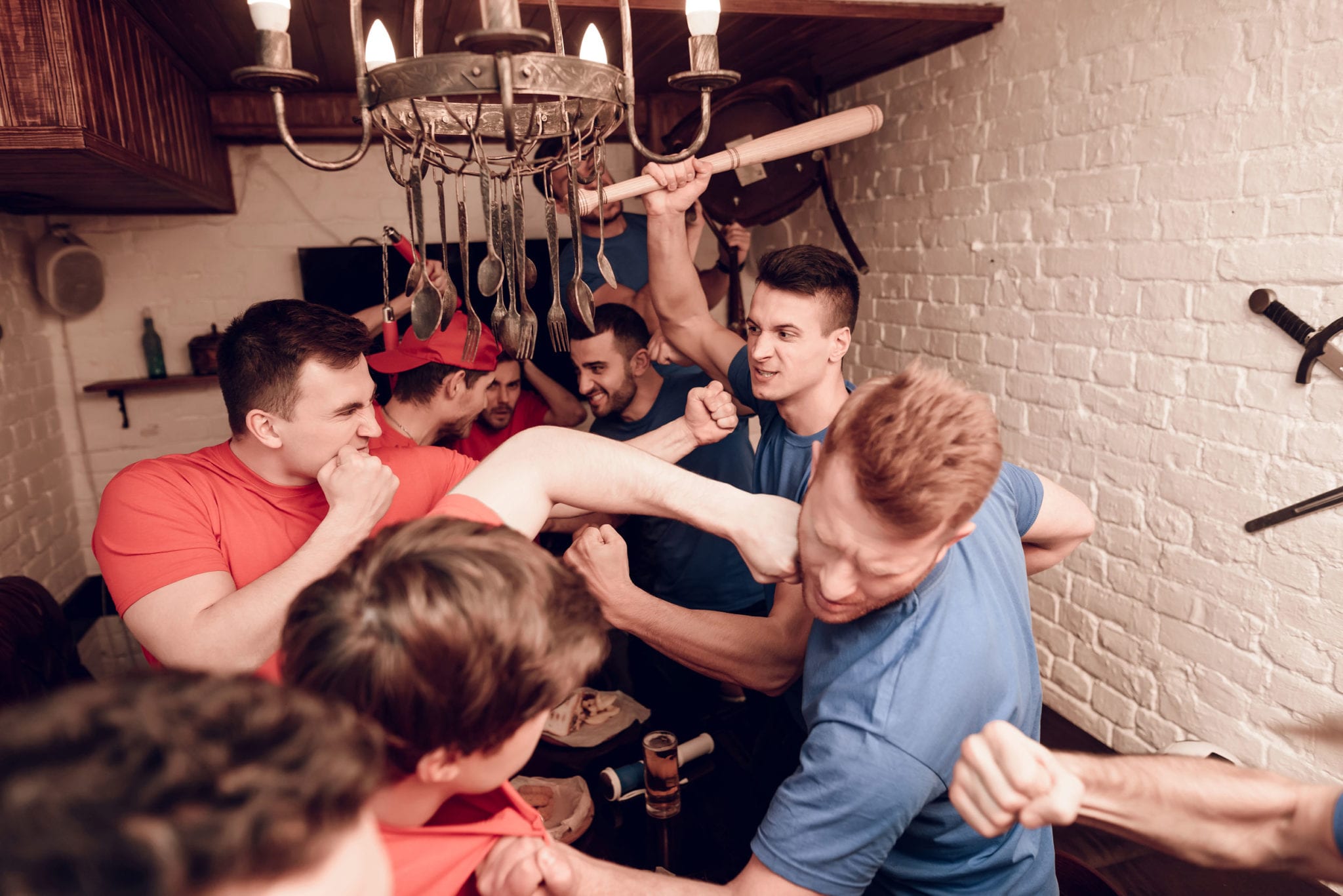In our state, no person may be prosecuted solely for being intoxicated in a public place. So, if you were charged with drunk and disorderly conduct this past New Year’s Eve, you may have felt completely blindsided. After all, New Year’s is a night when virtually everyone who ventures out in public is celebrating, and probably a little bit “disorderly.”
Thankfully, if you feel an error was made, there is a multitude of potential defenses that can be used to fight back against disorderly conduct charges, and an experienced misdemeanor attorney will be able to review your personal circumstances to determine which are most likely to help in your situation.
In this post, we’re going to cover what our laws say about public intoxication and “drunk and disorderly” charges, as well as what defense strategies may apply.
What State Law in North Carolina Says About Being Intoxicated and Disruptive
As mentioned above, public intoxication is not a crime in this state. That being said, there are three basic elements that, if present, can result in you being criminally charged:
- You must actually be drunk or intoxicated.
- Your actions or behavior must be such that you actually appear or seem to be drunk or intoxicated.
- You must be in a public place.
According to North Carolina public intoxication laws, a “public place” is one which is open to the public, whether it is publicly or privately owned. Someone is considered legally “intoxicated” when their mental or physical functioning is substantially impaired as a result of the use of alcohol.
In addition to public intoxication, prosecution must also be able to prove that you were engaging in disorderly conduct. This, unfortunately, is vaguely defined as any act that corrupts public morals, violates standards of public decency, or affects the peace and quiet of other individuals.
Many jurisdictions also require prosecutors to prove that the accused seemed so out of control at the time of incident that he or she didn’t appear to be able to take care of him- or herself, or that they presented a threat to the safety of others in the vicinity.

- Blocking or interfering with traffic
- Blocking, preventing, or interfering with access to or passage across a sidewalk or entrance to a building
- Grabbing, shoving, pushing, or fighting others, or challenging others to fight
- Cursing or shouting at or rudely insulting others
- Panhandling or begging for money or other property
Fighting Back Against Drunk and Disorderly Charges in North Carolina
Working with a trusted NC criminal defense lawyer will always be your best guide in developing a sound defense based on the particulars of your case. However, due to difficulties in proving drunk and disorderly conduct, especially when charged during a holiday celebration like New Year’s Eve, and because of the way North Carolina courts typically handle these charges, several common defense strategies to fight them have emerged over time:
“I wasn’t drunk.” OR “I wasn’t acting drunk.” You may claim that you were not actually behaving in a drunken manner in public – your loud behavior was due to enthusiasm over the excitement of ringing in a new year. The fact of the matter is – being loud or engaging in horseplay is not disorderly conduct. A prosecutor will have even greater difficulty proving ill intent if there was no warning or notification that the accused party was disturbing anyone.
“I was within my First Amendment rights.” Your right to free speech is protected by the First Amendment of the U.S. Constitution. If you were practicing your right to speak freely in public, you are likely to be able to avoid a disorderly conduct charge. There are certain exceptions to this protection, such as speech that intentionally incites panic or violence, but if your attorney can effectively argue you weren’t using inflammatory speech, you should not be convicted of disorderly conduct.
“It was self-defense.” Defending yourself cannot be classified as disorderly conduct either. If a fight is broken up by police officers and they determine the issue is less serious than assault or battery, they may dole out disorderly conduct charges. However, if you were only fighting to defend yourself or someone else, the charges are likely to be dismissed.
“I was asked to step away from private property.” Being convicted of a charge that involves public drunkenness requires that you be in public when cited for intoxication. In the rare case that a police officer has ordered you to come out into a public place and then charges you with public intoxication, you may be able to raise this issue in defense.

In sum, drunk and disorderly conduct charges do not typically result in heavy sentencing, but the damage to your reputation can take a long time to recover from. It’s important you know your rights, and fight back against these types of charges with every tool at your disposal.








